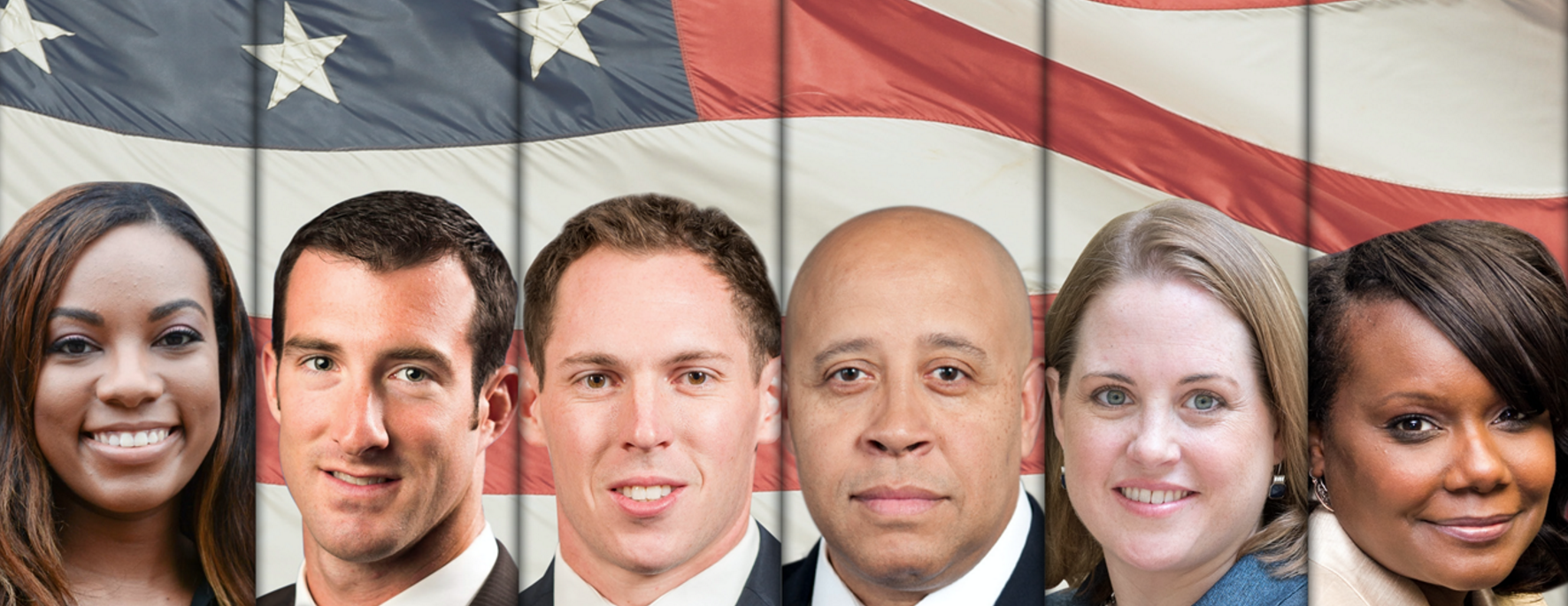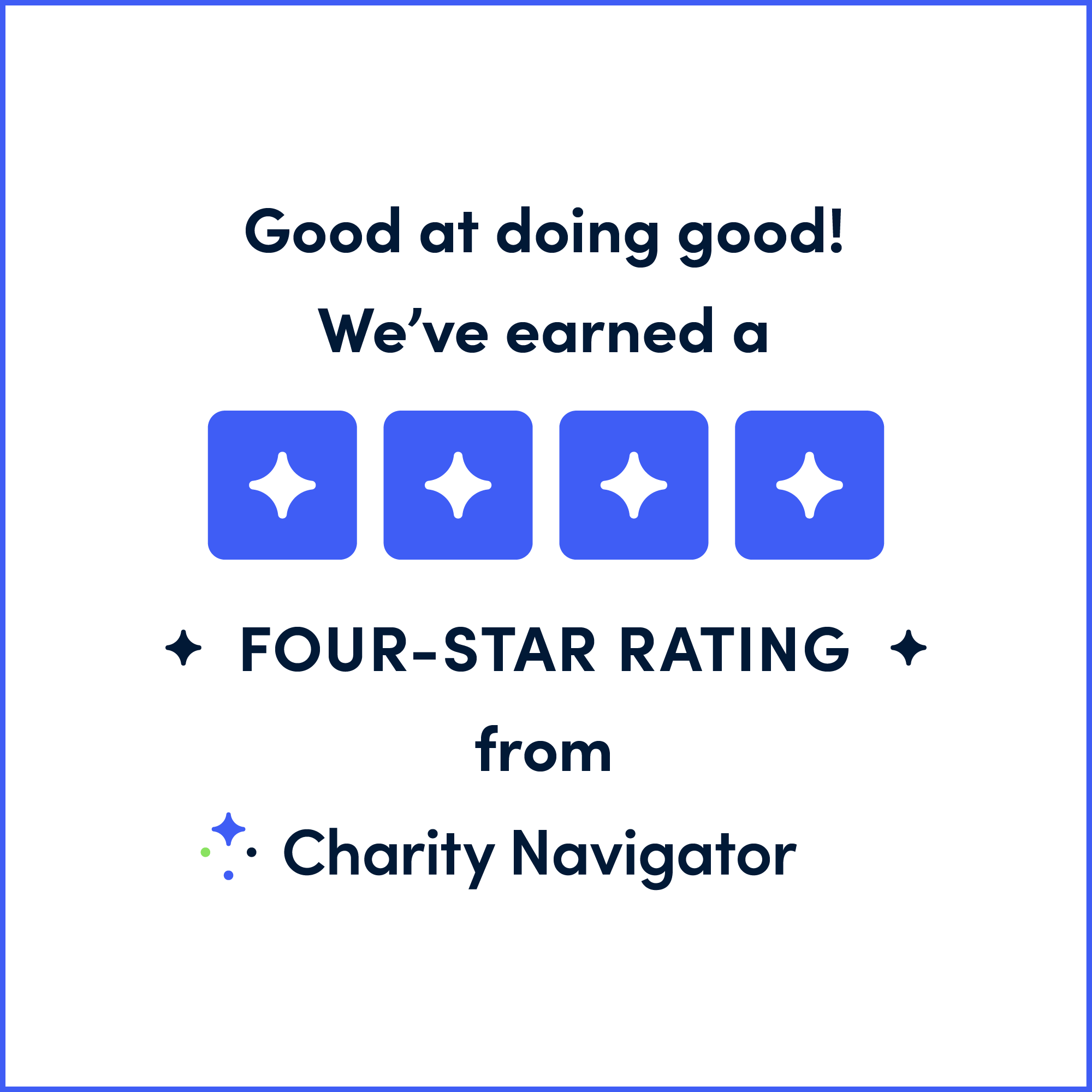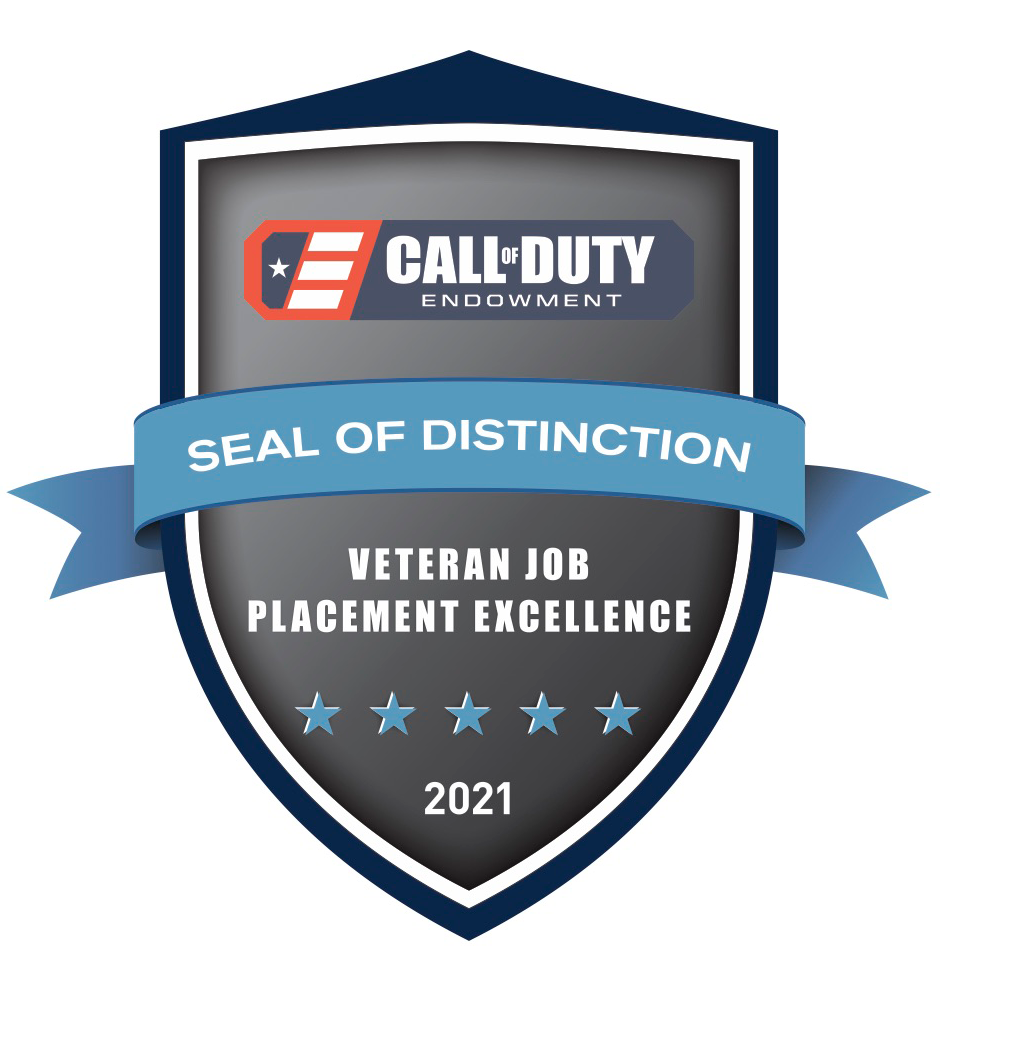Success After Service: Insights for Transitioning from Military Service to Civilian Life
Printable Version of this Article

Veterans transitioning into civilian life face unique challenges, but possess unique skills to conquer them. Knowing what to expect and putting yourself on the right path are critical to finding success after service.
Remember, there are others who have made—or are making—the journey. And they can help.
Get involved

As a nuclear machinist’s mate on the aircraft carrier USS Theodore Roosevelt CVN-71, with training in nuclear propulsion plants and radiological controls, Fontaine Wilson already had pretty strong technical skills. But advanced education was a must to make the most of civilian life as she transitioned out of the military.
So she started out by finding the right school for the civilian life she wanted.
“I did my research,” she said. “I researched a couple of schools close to family, and ended up picking the University of Houston, because I had a sister there.”
But college was very different from the military, and Wilson went to get the right help.
“One of my first connections was with the Veteran Services office on campus,” she said. “They let me know what forms to fill out, just helped with transitioning.”
It was while working with the office that Wilson found an opportunity to get involved, and to apply some of the leadership skills she’d learned in the Navy.
In December 2013, she helped form a Student Veterans of America chapter on campus, linking up with the SVA national organization the following month. SVA is a nonprofit organization that helps military veterans succeed in higher education and beyond. It supports a network of more than 1,300 schools and 500,000 veterans, according to its website, and has awarded more than $1 million in scholarships since 2011.
After attending a national SVA conference, Wilson said, “we were fired up and took all our ideas back to campus. We ended up implementing a lot of new things on campus—workshops and events—and won chapter of the year in 2015.”
By then, Wilson was president of the University of Houston chapter. The experience helped her build a personal network.
“It was easier making friends through the veterans office and the [SVA chapter], because you share so many things in common,” she said. “I learned how to network and made a lot of connections with industry professionals. That helped to build myself professionally.”
Visit: Student Veterans of America
Find a mentor

Timothy Cousins is making his move.
A lieutenant who served on a destroyer and an aircraft carrier, Cousins is taking accumulated leave for his last 60 days in the Navy. Next assignment: Transition to civilian life.
That means he and his wife will be moving from Norfolk, Virginia, to Fort Worth, Texas, where he is joining an industrial firm’s leadership program for former military officers. The program offers rotations in various jobs.
“You pick your career path over that time period,” Cousins said. “I’ll pick what I want to do and what I want to go into.”
Cousins planned his re-entry into the civilian world with the help of a mentor from Raytheon named Mark Peters. They found each other through American Corporate Partners, a nonprofit organization that offers career counseling for returning members of the military.
“[Mark] has conducted quite a few interviews for Raytheon, so he was able to guide me in the right direction to describe my military skills in a way [civilian] people would understand,” Cousins said. “For example, I used to describe my skillset as being in a leadership position. He encouraged me to use the term ‘coach and mentor,’ because that was more specific in civilian terms.”
Fort Worth and civilian life will be new experiences for Cousins and his wife, and he says they’re excited about the prospects.
“I think it’s going to be different in the way people interact,” he said. “In the military, there’s a very structured way of having relationships. Sure, there are bosses and subordinates in the civilian world, but I think there’s a big difference in the way they interact. That’s one of the things I’m most looking forward to.”
Visit: American Corporate Partners
Know your options

U.S. Army Rangers get a lot of valuable training. But how do you apply that learning to civilian life?
Ralph Cacciapaglia found the answer in school.
“That’s a very specific skill set that doesn’t apply to many civilian jobs,” said Cacciapaglia, a veteran Ranger with a special operations background and two deployments to Afghanistan. “A lot of what you spend countless hours doing doesn’t always translate to the civilian world.”
Cacciapaglia faced the challenge of finding his way as a civilian in 2013, when he finished his enlistment. Because he was shot through the knee during his second deployment to Afghanistan, it would be difficult to take the route most directly tied to his experience: Pick up a gun and become a contractor, or enter law enforcement.
“I couldn’t do a lot of the jobs that involve standing on my feet all day,” he said, “like being a cop.”
Enter the GI Bill.
“It really gives us a cushion,” Cacciapaglia said. “If everything else fails, you apply to a school, get in somewhere, and they’ll pay for your house and your tuition while you find [your way].”
He got into grad school at Boston College.
“Going to grad school was a decision based on conversations I had with veterans who had figured out a successful way to transition,” he said. “The feedback was unanimous. Unless you were a doctor or an engineer or something like that in the military, you needed to get a master’s to show you have some skills that apply to civilian life.”
Cacciapaglia had almost no downtime between the military and grad school. “I think that’s important,” he said. “You need an outlet or a focus point for your energy. You need goals. For a lot of us coming out, you need to feel that you’re valuable. You need a mission, I guess.”
His mission was to find a path to a successful civilian career, so he went for an MBA. And he started looking around at companies in Massachusetts.
After an internship at a health insurer, Cacciapaglia approached Raytheon. He got into a leadership development program at the company. It was just the right fit.
“I’ve been here a year and some change,” he said. “It is rewarding that at the end of the day, I can look up and see most of our products are helping our country.”
Get experience

Navy veteran Doug Greene found his first civilian job by following his own advice.
A part-time career counselor, Greene, now head of talent acquisition for Raytheon’s Space and Airborne Systems business, helped his military colleagues plan for success in civilian life, and in particular, prepare to obtain the education needed to launch new careers.
“If you were an enlisted person without a formal education, if you went to one of three or four schools, you were able to make great money when you got out,” he said.
A lot of those lucrative starter careers were in the medical field, in positions such as cardiovascular technician or radiology technician.
“So one of the things we recommended they do was volunteer their own time in clinics,” Greene said. “I was advising young sailors to spend time in these clinics and ask them for a letter of recommendation for school.”
It was such a good idea that Greene did the same thing himself.
“So when it was time for me to go, I went across the street to a local hospital [in Bethesda, Maryland],” he said, “and met with the director of recruiting and told her I wanted to volunteer one day a week to get civilian experience attached to my specialty.”
Greene already had a medical background. In the Navy, he had served as a surgical technologist and hospital corpsman. He had an undergraduate degree as well, but he told the director he would stuff envelopes if need be.
“The whole goal was, ‘If I work hard for you and it works out, give me a letter of reference,” he said.
So, even though he was already a senior level leader, Greene started out by filing paperwork. “I think she wanted to test me, to see if I was willing to do that,” he said.
He was. And it worked out, although not simply because he got a letter. His first job was at Holy Cross Health in Silver Spring, Maryland.
“I had a job when I transitioned through the connections I made volunteering,” he said. “On-the-job training is what got me the job. I was able to showcase the skills I received in the military, but it gave me civilian experience that I was able to transition into the private sector.”
Put yourself out there

A communications officer in the U.S. Air Force, Joan Proctor served all over the world, with stints in Turkey, Korea and Albuquerque. She used her network as a graduate of the Air Force Academy to find her first civilian job—a position with Raytheon.
“Academies are connected,” she said. “They have service academy career fairs and an online way to upload your resume.”
A sharp-eyed recruiter at Raytheon, a West Point grad, spotted Proctor’s resume while perusing the network of academy communities.
“He reached out to me, we had a telephone interview, and the rest is history,” she said.
Proctor was hired sight unseen, based on telephone interviews, “so it was a leap of faith for me and a leap of faith on Raytheon’s part,” she said.
Her first position as a software configuration manager with the company wasn’t the right fit.
“Raytheon worked with me, and I changed to become a systems engineer,” she said. That was 11 years ago. She’s been with Raytheon ever since.
Her best advice for military members looking to make the same transition: Don’t be afraid to reach out for help.
“Even reach out to people who have left the service,” she said. “One of the hardest things is to take the military jargon and translate it into meaningful terms for corporate America. So find someone who has been on both sides, who you can sit down with and talk to.”
Find your community

Terrill McFarland is not a veteran herself. But thanks to her work with the armed services and the Boys & Girls Clubs of America, many families have better navigated military life and its endgame: the post-service transition to the civilian world.
“The good thing about being in a military community is that everything is on the installation,” she said. “When I start to transition to civilian life, I have to think about, ‘Where will I get my healthcare? Where will I live—in a community that doesn’t identify with moving somewhere new every few years?’ It’s a different culture.”
McFarland is national vice president of military and outreach services for the nonprofit Boys & Girls Clubs, which partners with the armed forces to provide services and support to youth centers and after-school programs on almost every U.S. military installation and in communities where there’s a strong military presence.
Among those programs are the Centers of Innovation, facilities that allow military kids to get hands-on with futuristic technologies such as 3-D printing and high-definition teleconferencing. Funded by Raytheon’s $5 million commitment to Boys & Girls Clubs, the centers are now operating at five locations in the United States and one in Germany, all on or near military installations.
There are 4,000 Boys & Girls Clubs across the U.S. and military clubs in 15 countries, so McFarland, who is married to an Army veteran, has seen many families make the transition to civilian life. She says it can often come with a bit of culture shock.
“Some families describe it as, ‘Even though I’m in the U.S., it’s like moving to a different country.’ You don’t have those relationships in the community where you can talk about military life.”
Her recommendation for families facing the transition is to seek out that sense of community.
“It’s really important to talk about what’s happening and manage expectations,” she said, “but also find places where there is that consistency.”
That’s where an organization like Boys & Girls Clubs, which serves children in both the military and civilian worlds, can serve as a real resource. It has affiliated clubs everywhere.
“If you’re in Germany and you move to Fort Knox, you can expect to see some of the same programs,” McFarland said, adding that the organization supports children of veterans in its civilian clubs. “So we can provide some connections, community and consistency.”











